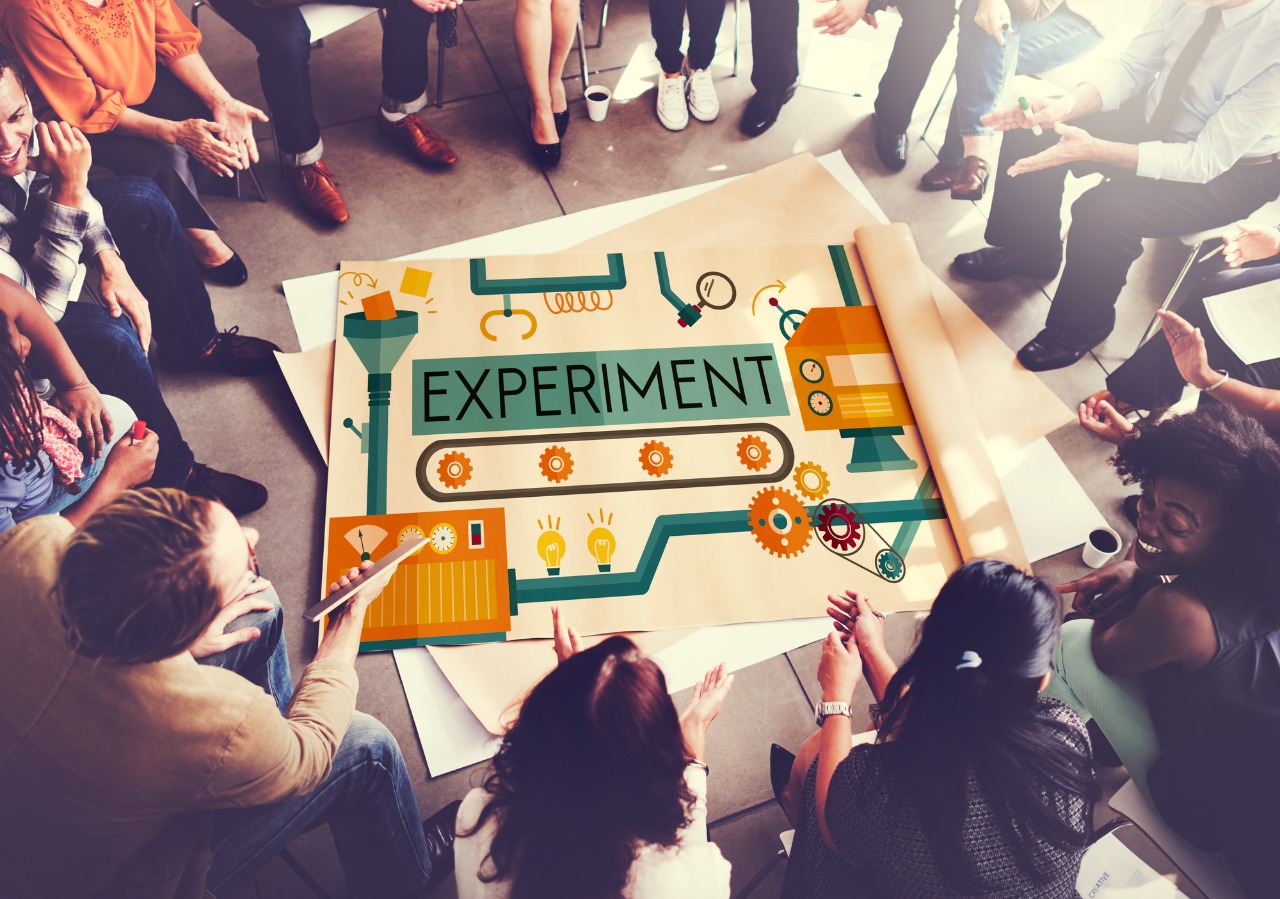Since its inception, science has been looking for ways to understand the laws of the surrounding world. Making one discovery after another, scientists erase the border of the unknown and enter new frontiers of science. This way lies through experiments.
The most important component of scientific research is the experiment. Its basis is a scientifically set experiment precisely taken into account. The experiment’s main purpose is to identify the properties of the objects under study, test the validity of hypotheses, and, on this basis, a broad and in-depth study of scientific research.
The organization and planning of experimental research is an important part of the activities of scientists, engineers, and technologists. Experiments are conducted in various fields of science and technology: physics and chemistry, biology and medicine, radio engineering and electronics, automation and computer technology, in the problems of organizing production and feasibility studies.
Experiment planning formulates techniques and methods for the optimal organization of experimentation in studying objects of very different physical nature. Applying the methods and techniques makes it possible to effectively solve many practically important research problems: building models of objects and phenomena based on experimental data, optimizing processes, testing various assumptions about their properties, etc. The effectiveness of these methods is shown in numerous examples of their use.
What Is a Scientific Experiment?
How is a scientific experiment carried out? To experiment with scientific activity, a researcher has to correctly designate several parameters:
- Object (what it intends to study);
- Subject (specify the boundaries of the scientific field of knowledge, to what extent, the topic, and its components);
- Duration (how long it takes to get a result or achieve an intended goal);
- Tools and other bases (materials, technique, methods, conditions, etc.).
A scientific experiment must comprehensively investigate the operation of laws, theories, and other rules in life. It is important to collect all the necessary data, create conditions for its implementation, and promptly record the results obtained.
What Is Experiment Planning?
A work plan for implementing the experiment is drawn up to streamline the main stages of a scientific study following the research program. It is necessary to build a logical sequence of work to lead to the achievement of the goal and the solution of the scientific problem within the established time frame. As academic experts from WriteMyPaperHub (one of the websites that write research papers for you) advise , it is necessary to highlight the main thing in the experiment planning. You have to focus on it at the moment, but at the same time, you shouldn’t lose sight of the details.
The plan and sequence of actions depend on the type, object, and goals of scientific research, but, in general, the scheme of scientific research is as follows:
- Step 1. Choose a research topic and put forward a hypothesis. Experimenting is designed to answer a specific question or test a certain statement, rule, hypothesis, etc. Therefore, the research topic should reflect the essence of all activities: what is being investigated and why?
- Step 2. Next, the experimenter needs to determine the object of study (what you will study, what reaction you will get, etc.) and variables (tools, materials, or other resources that you will operate during the experiment).
- Step 3. Data collection. Choosing a suitable methodology and determining an action plan is important: a collection of ready-made data, information, an experiment, etc. At the same time, it should be specified here: when and where to collect data, what information is needed, which method will be more reliable, etc.
- Step 4. Experiment planning. At this stage, the author draws up an action plan: what, how, when, in what time frame, etc. The quality of the result may depend on the accuracy of the plan and following it.
- Step 5. Analysis of the received data. At this stage, the scientific experiment results are systematized, analyzed, and formulated conclusions. They will become the basis for forecasting and developing recommendations in the future.
- Step 6. Formulation of scientific work. The experiment results can form the basis of a large-scale project (monographs, dissertations) and taken out in a small but important project (scientific article). In this case, the researcher will have to follow the current standards and requirements of the publisher when describing and designing the materials.
The characteristics of an experimental design described above apply in whole or in part to any scientific experiment. So, first, the topic of scientific research is formulated. The reasons for its development are substantiated. After a preliminary acquaintance with the literature and materials of previous studies, it becomes clear to what extent the issues of the topic have been studied and what are the results obtained.
The plan of scientific study meets certain requirements:
- Relevance;
- Specificity;
- Problematic;
- Certainty of concepts;
- Brevity.
In addition to competent planning, it is very important to conduct a study (experiment) and formalize its results so that it is adequately perceived by other researchers and, if necessary, it can be repeated, and the priority of a given researcher or laboratory can be confirmed. Therefore, after theoretical planning, the preanalytical stage begins. The selection of methods for the experiment takes place, the required number of measurements and the number of experimental groups are determined, and the necessary equipment, chemicals, and utensils are prepared.
It will be easier to achieve proper scientific results with the right plan. The main thing is to carefully paint each stage, and then everything will work out well.

“Unable to type with boxing gloves on. Freelance organizer. Avid analyst. Friendly troublemaker. Bacon junkie.”



